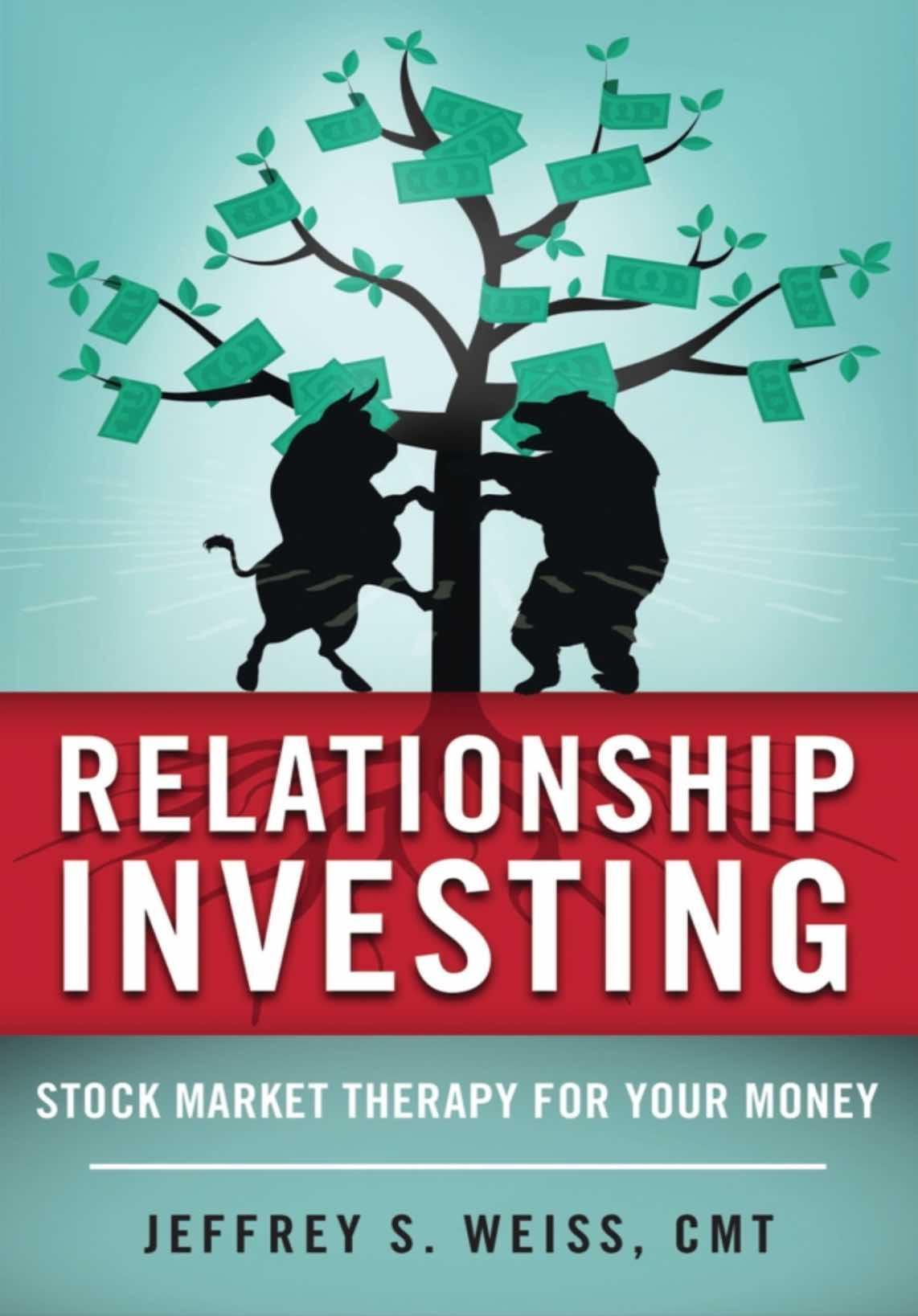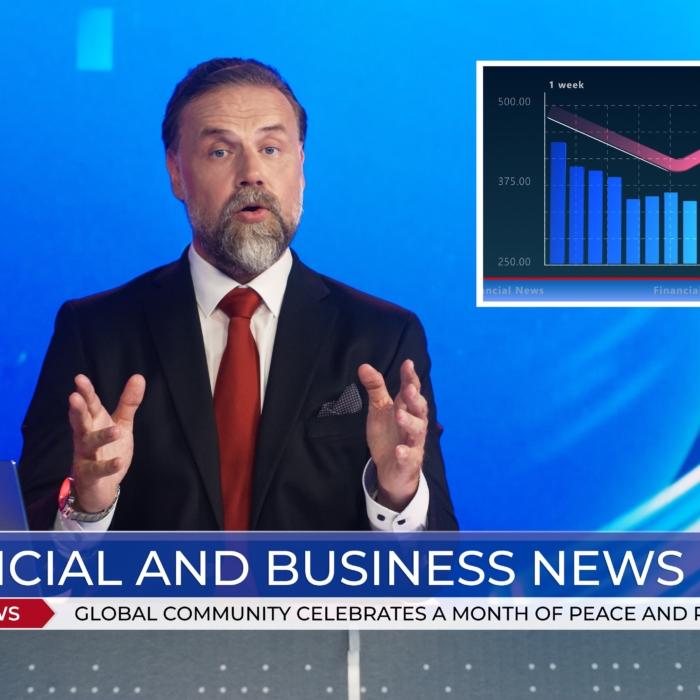But that’s not the way all market participants see it. They have predetermined, premolded market scripts written from which they rarely veer—until a trade or investment has moved badly against them. And by then it’s often too late to recover a significant portion of their capital.
Don’t be so quick to assume that the market is wrong if it moves in a direction opposite to that which you anticipated. If a position moves steadily against you, revisit your thinking. Don’t commit more capital to it. You may want a seasoned and respected professional with a solid background in technical analysis who has experienced both bull and bear markets over many years to take a look at the chart pattern and analyze the risk management situation. Whether you decide to read a research report from a respected fundamental analyst with a proven track record is also up to you; it’s not at all a part of my discipline, but I mention it in fairness to that, or any other, analytical method. Remain flexible and realistic. If you suspect that you have erred, you can always sell a portion of the position to reduce your financial exposure while holding the rest of the position consistent with a risk management discipline. As I said before and will reiterate, the stock market is both judge and jury and its verdict is final. That’s why you need to be in a humble frame of mind in the business of investing. Leave your ego out of it. Permanently!
Sadly, I’ve heard many a market participant utter the painful phrase that a loss really isn’t a loss until you actually take it. In other words, it’s just a loss on paper. What the hell does that mean? If you have a loss it’s a loss regardless of whether you’ve taken it or not, and you need to face up to that reality rather than admit that it doesn’t exist. Were the huge losses that were experienced in many NASDAQ Composite Index listed names following its 2000 peak any less severe simply because those losses weren’t taken? Or the numbing declines in many financial and other well-known household names following the market’s 2007 peak? What about the sharp slides in energy-related sectors from their 2014 highs? Of course not!
One of the hardest things to do in life (and this is particularly true in relationships) is to revisit situations that didn’t go as well as we expected them to. But it’s only by addressing them, painful as it may be, that we gain the knowledge necessary to avoid making those very same mistakes again. This falls into the realm of psychology and emotion, areas I stress continually in these pages because they receive far less investment attention than they deserve, yet are crucial to a successful outcome.
(To be continued...)

This excerpt is taken from “Relationship Investing: Stock Market Therapy for Your Money” by Jeffrey S. Weiss.
To read other articles of this book, click here.
To buy this book, click here.
The Epoch Times copyright © 2023. The views and opinions expressed are those of the authors. They are meant for general informational purposes only and should not be construed or interpreted as a recommendation or solicitation. The Epoch Times does not provide investment, tax, legal, financial planning, estate planning, or any other personal finance advice. The Epoch Times holds no liability for the accuracy or timeliness of the information provided.








